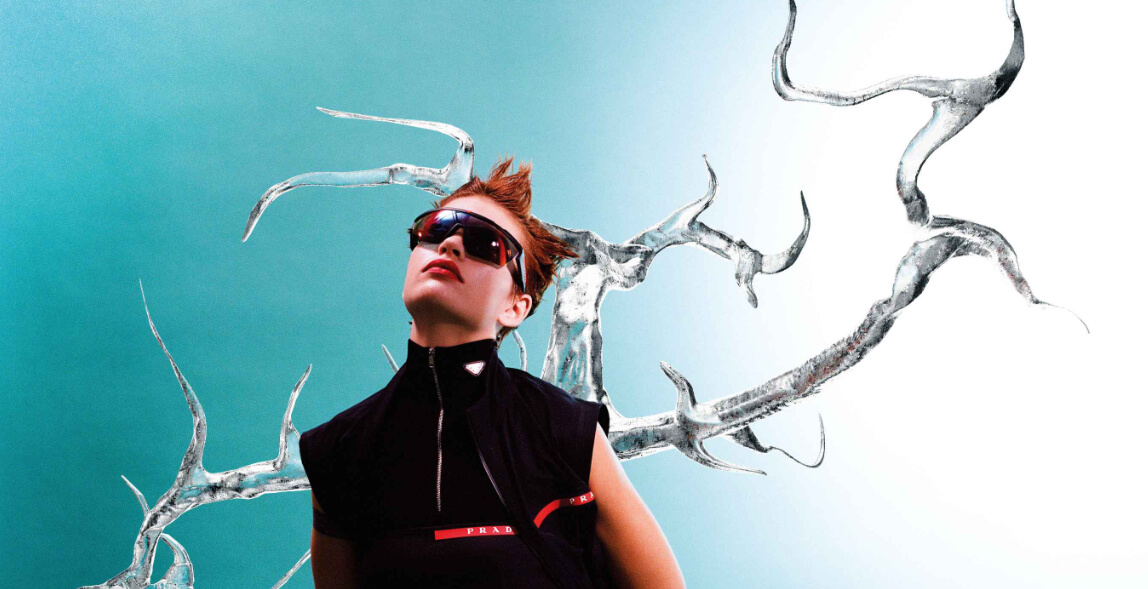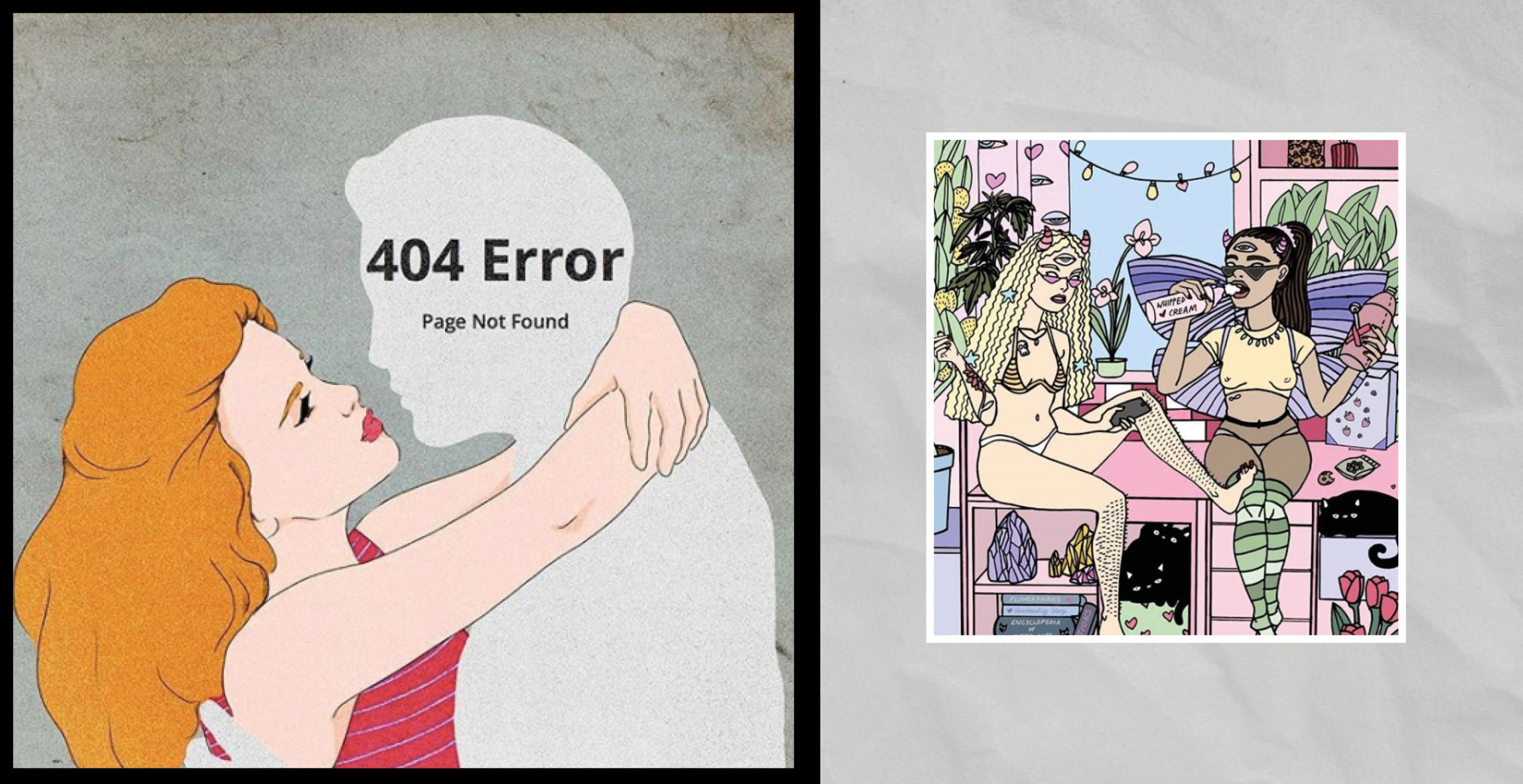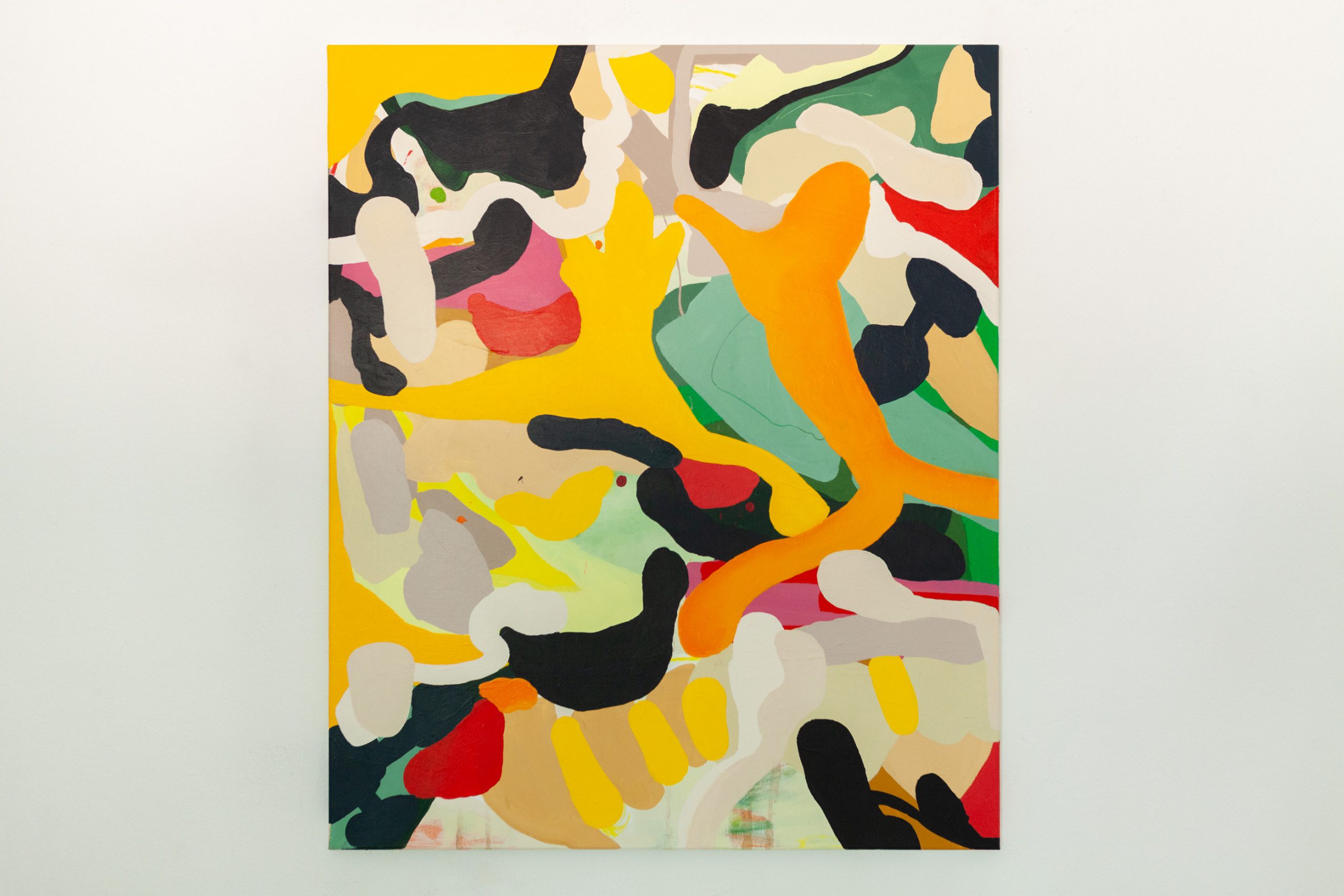You’re probably familiar with the feeling of waking up in a cold sweat, heart pounding, maybe even shivering after a terrible nightmare. A serial killer or monster, who has been haunting you for hours. A feeling that might stick with you all day. We’ve all been there. Or all of a sudden you’re wide awake, after falling off a cliff to your death. Well, what if I told you there’s a way that you can grow wings, glide over that cliff and actually — enjoy the view? Or transform your personal monster into the cutest puppy? If you haven’t heard about lucid dreaming yet: This is basically what it’s about.
The promise of having some influence over what I’m dreaming of made me curious. And not just me, there are a whopping 530.000 members on a single subreddit about it! Lucid dreaming has become a growing interest for so many people that research has picked up and seen an increase in funding, even though it’s been a thing for over a century. But that shouldn’t be surprising, finding a way to turn nightmares into fun adventures is probably something no one is averse to. But is it too good to be true?
Let’s have a look at what lucid dreaming actually means and how it translates into real life: Despite the term being a bit deceptive, lucid dreaming still happens when you’re asleep. The difference to non-lucid dreaming is that you are aware that you’re asleep and dreaming. Although you’re not awake, your consciousness is. Because of that you have control over what is happening in your dreams and can experience it as if it’s real – without the boundaries of reality though. Which means you can enjoy superpowers like breathing underwater or flying. So, lucid dreaming is less passive than normal sleep, with a heightened self-awareness, but without the sensory input from our surroundings and the stimulation we experience when awake.
When researching this – as amazing as it sounds – multiple questions came to mind. Apart from wanting to know how to access this state (which I’ll get into further down), I was wondering two things: Can it actually be beneficial and relaxing to interfere with such an important process as sleeping is? And is this hype about lucid dreaming just another self-optimization trend that is going way too far? I came across the answer to the first question quite quickly, thanks to all the research that has been done and is still being carried out on this topic.
While the attempts of lucid dreaming, like waking up at night or asking yourself constantly if you’re dreaming or awake, might have a negative impact on you if you’re not mentally or physically well, the lucid dreaming itself doesn’t. Instead, Dr. Denholm Aspy from the University of Adelaide’s School of Psychology told British Vogue: “It may be possible to use lucid dreaming to overcome nightmares, treat phobias, creative problem-solve, refine motor skills, and even help with rehabilitation from physical trauma”. This is why it’s sometimes even referred to as “lucid dream therapy”. For actually therapizing yourself with lucid dreaming, however, you might be advised to do a guided session with a licensed professional. But still: Lucid dreaming can in fact be a relaxing experience and is low-risk for your health. Especially because, even for pros, the periods that they effectively lucid dream are pretty short.

Finding an answer to my second question was less straightforward. Since lucid dreaming is a very individual experience, the reasons for doing so are multifaceted and rather personal as well. As a look into the subreddit shows, a lot of people who try lucid dreaming mainly do it for one reason: fun! And I can’t blame them. Hooking up with your celebrity crush or transforming into a dolphin at night, sounds way more entertaining than my usually bizarre, confusing dreams. But according to an interview with sleep researcher Michelle Carr in The Guardian, there are lucid dreaming, sleep, dream, sleeping, dreaming, health, lucid, conscious, subconscious, mind, psychology, trend, social media, science, subconsciousness, therapeutic, sleep cycle, wellbeing, self-optimization, lifestyle also athletes who “use lucid dreams to practice their sport.” As strange as that sounds, lucid dreaming can actually help you train. A 2014 study from the University of Lincoln also shows that lucid dreamers are better problem solvers. Since every sport has a big mental aspect to it, dreaming of practicing it can really make an impact.
And here is where I feel like it might be going too far: Using your sleep and dreams to improve certain skills does sound like the exhausting attempt to self-optimize in every way possible a là: What you can’t manage to get done during the day, you’ll take care of in your dreams. And while I can relate to the urge to use this method as a gateway to self-improvement, the simple thought of training in my sleep stresses me out. Shouldn’t sleep be helping you to wind down and take some time out of the hectic day-to-day?
However, lucid dreaming is not as accessible as other self-optimization methods trending on social media that are saturated with toxic positivity and the desperate belief to fix any negative feeling by eating the right things, working out regularly and repeating daily intentions like a doctrine. Though anyone can theoretically learn how to lucid dream, it might take some time and some might be luckier than others.
There are two techniques that researchers recommend: The first one is called “reality testing” and consists of regularly asking yourself if you’re dreaming during the day – in the hopes that those tests will spill into your dreams and help awaken your consciousness. The second technique is called “Mnemonic Induction of Lucid Dreaming”, short “MILD”, and is practiced at night. It involves waking up after a few hours of sleeping. Before falling asleep again, you try to remember your last dream and any indicators that it was a dream – anything that differs from real life. Again, it’s about building a memory and hoping that you can identify the “dream signs” as you sleep. Because lucid dreaming happens in the REM phase of the sleep cycle, which is the final stage, the chances of lucid dreaming are higher after a few hours of sleep.
As with everything, don’t try too hard, or it might negatively impact your sleep and overall health. While lucid dreaming might be a cool and even therapeutic experience, getting your 8, 10 or however many hours of sleep you need, is too.
*Header: Oblivion – Universal Pictures




























